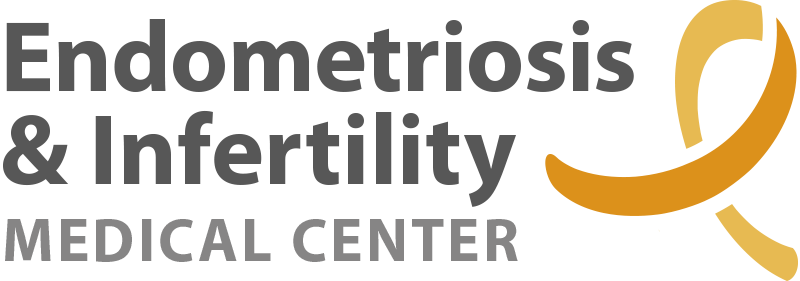
I am over 45 years old and suspect endometriosis. What should I know?
Menopause is the point in time when women stop having menstrual periods. It is a natural process in women of around 45 years old.
How should endometriosis be treated in postmenopausal women?
Endometriosis symptoms may still exist, even after menopause. There have been limited studies on treatment of endometriosis after menopause. If you have signs or pain from endometriosis after menopause, surgical treatment may be an option. If surgery is not feasible, aromatase inhibitors can be helpful.

How should menopausal symptoms be treated in women with a history of endometriosis?
Some women have hardly any problems during menopause, while others suffer from typical menopausal symptoms like hot flushes, night sweats, vaginal and urinary problems, mood changes, osteoporosis (decreased bone density). These symptoms are caused by low levels of estrogen. For women with menopausal symptoms, medical treatments (menopausal hormone treatment; previously called hormone replacement therapy, HRT) exist to reduce the symptoms and discomfort from menopause.
Estrogen-only therapy is not recommended if you have a history of endometriosis. The problem in women with endometriosis is that hormone replacement therapy could have a negative effect on the endometriosis.
There is no strong evidence of pain or disease recurrence in women with endometriosis taking medication for menopausal symptoms, but it is a possibility. Menopausal hormone treatment (MHT) can be used to relief menopausal symptoms.
